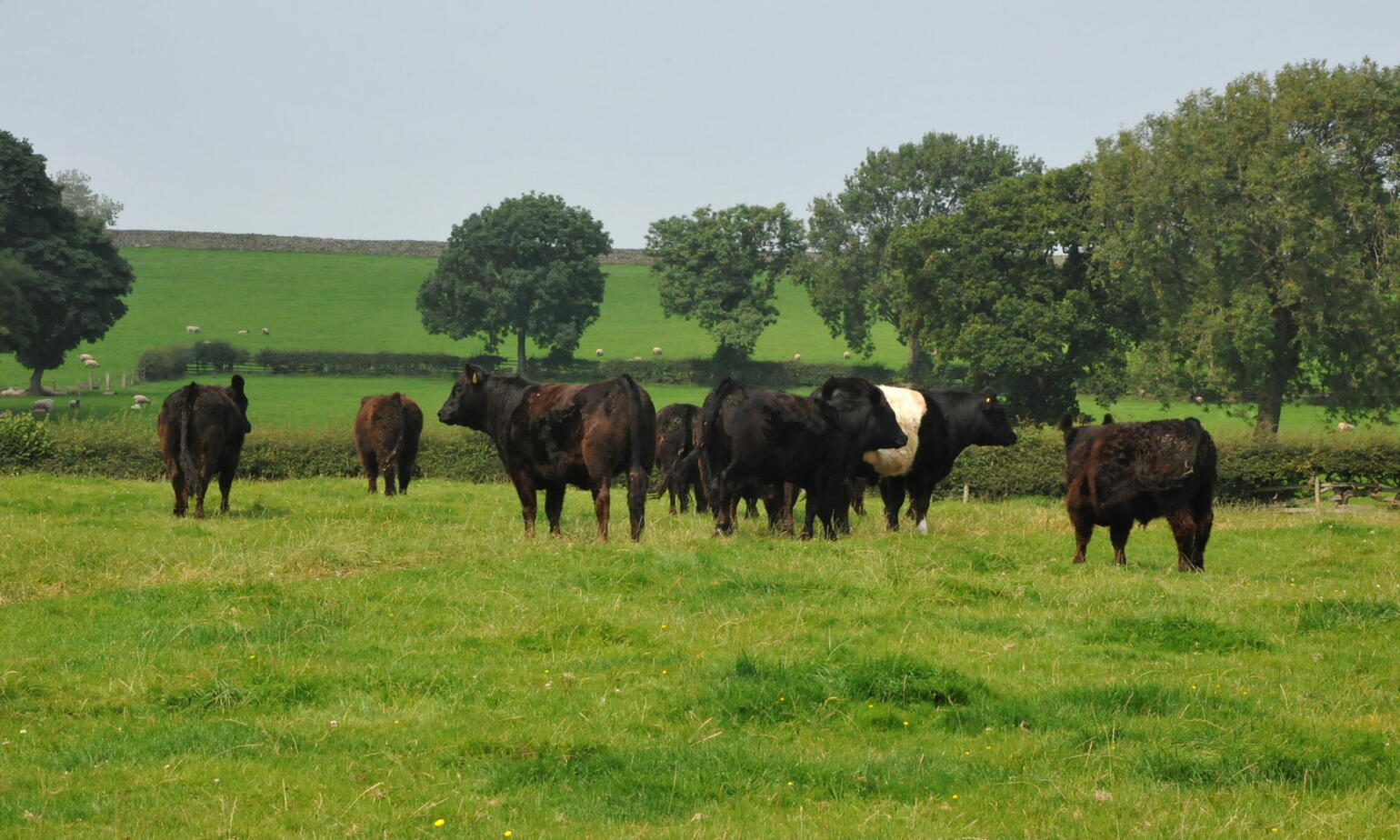The Cascading Effect of Support for Heritage Breeds

Andy Cavanna - Commercial Director of Farmison & Co
I've now been with online butchers Farmison & Co for 3 years. We specialise in rare and heritage breeds, and my job as Commercial Director means I have a complete view of everything we sell at Farmison & Co, down to the breed, animal, and cut. I am convinced heritage and rare breeds, such as Dexter and Highland cattle, are on the cusp of a renaissance. This is good news for all of us, because the support of these breeds has cascading positive effects.
Previously, I was Head of Fresh Food Buying at Fortnum & Mason in London, but now that I am based in Ripon, North Yorkshire, I have first-hand contact with the farms that produce some of the best meat in the world. As more consumers across the country go online for food, people's natural concern for how their food is produced is leading them to both ethically produced food and rare and heritage breeds. We connect consumers to small scale farms, and this is a boon to farmers who rear 'the old-fashioned way.'
By nature, heritage breeds are hardy and agile and can graze on the terrain which would be impenetrable to fast-growing commercial breeds. Think exposed, upland grasslands - a common sight in Yorkshire. The diversity in the grasses, heathers, herbs and flora the herds eat gives their meat a deeply layered flavour. They put on fat slowly, and because they take longer to grow, they have stress free lives, roaming and grazing until the time comes.
Commercially produced, fast-reared meat just can't compete for flavour.
Good eating for our customers is not the only advantage. Our farmers will tell you, "take care of the soil, and the soil will take care of us." Through the rotation of heritage breed herds on the land they graze, our farmers regenerate the topsoil. This stores carbon and improves soil fertility. A recent RSPB study pointed to peat lands and heathlands (where heritage breeds do well) as an important means of carbon sequestration if we're to decrease emissions. When asked about a potential push away from livestock farming NFU President, Mintette Batters, highlighted the much bigger climate challenge of rotting grasslands.

In addition, more of the farms we work with adhere to strict regulations as part of the Higher Level Stewardship Schemes commissioned by Natural England. These schemes are to encourage biodiversity in low intensive grazing areas and range from encouraging wildflower meadows and the rare bird species that live there, to the hedgerows that are a haven for local wildlife.
Soon, I expect environmental concerns to rank alongside quality and animal welfare as the top concerns of consumers. Rightly so. But it's important that there is nuance to this debate. Meat doesn't just mean methane. The non-intensive farms that we champion, not only supply the best quality out there, but they add to local biodiversity and help store carbon. The mantra at Farmison & Co is "eat better meat," and we're well equipped at the cutting edge of technology and butchery to help consumers get what they want.
